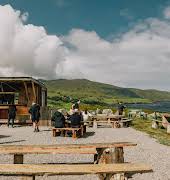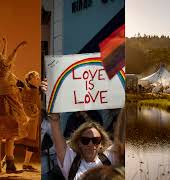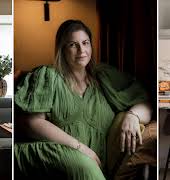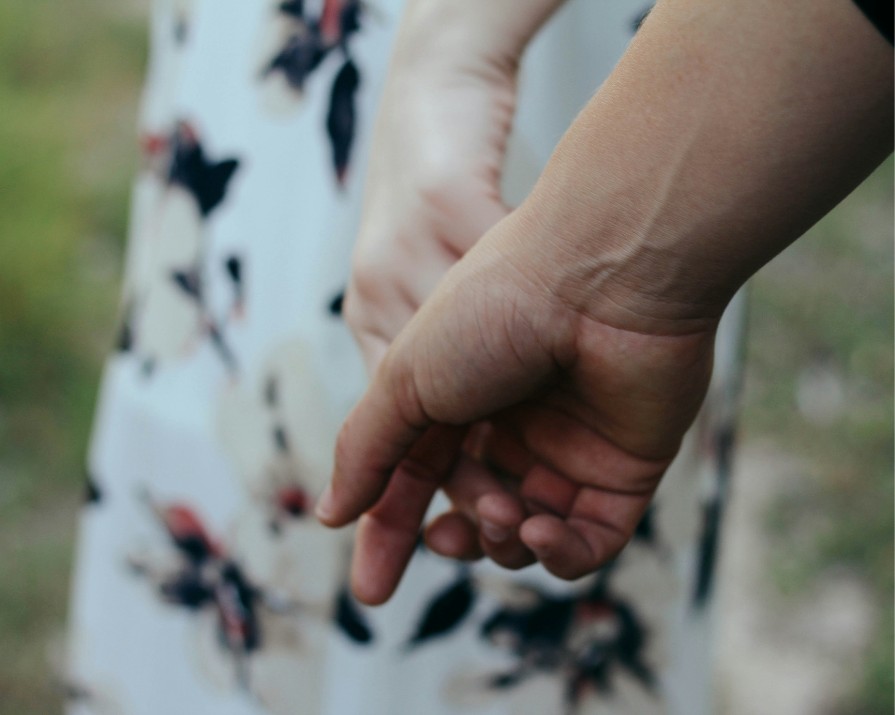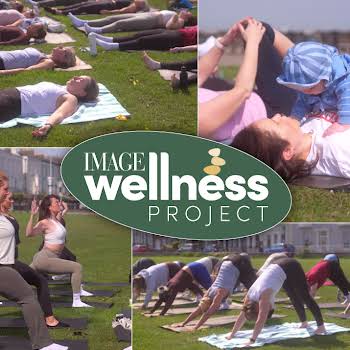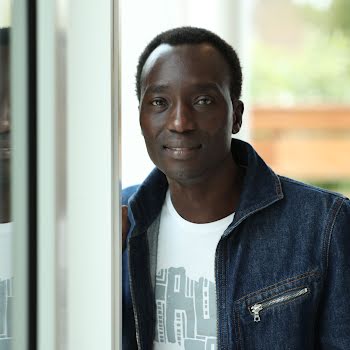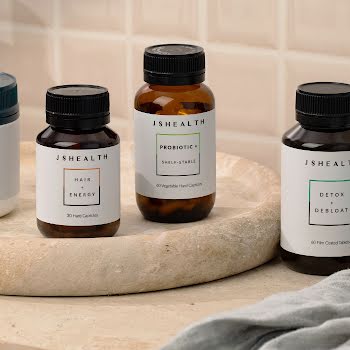
Sponsored
Sex, Stigma, and Social Media: Dr Caroline West on Ireland’s changing attitudes
Sponsored By

By Edaein OConnell
27th Nov 2024
27th Nov 2024
Sponsored By

The way we approach and discuss sex has changed significantly in Ireland, but is there still more to be done? To find out, we spoke with sex and relationship expert Dr Caroline West.
Here in Ireland, we have witnessed an evolution in the discourse surrounding sex.
The country has shifted from a place of secrecy and shame to one of openness and discussion. Over the years, societal attitudes have gradually become more accepting, influenced by global cultural movements, media representation, and changing laws.
However, has enough progress been made, or is there still more work to be done? We sat down with Dr Caroline West, a sex and relationship expert based in Cork, to get her perspective on the state of sex in Ireland.
Dr West holds a PhD and MA in Sexuality Studies, and postgraduate certificates in Cyberpsychology, Psychoanalysis, Stalking Awareness, and Sexual Consent & Health Promotion, has worked with victims of abuse, is the host of the Glow West podcast, which focuses on sexual wellness, and also works in the area of sexual violence prevention at the university level.
Do you think ‘sex’ is still a dirty word in Ireland?
Not necessarily. This island has a much better attitude to sex now thanks to the fight of feminists, activists, and organisations that have advocated for inclusive sex education, free contraception, the decriminalisation of homosexuality, marriage equality, abortion, and the separation of church and state. We are also increasingly exposed to diverse approaches to sex and sexuality, influenced by different cultures and international media. While progress has sometimes been slow, we have come a long way. There are now excellent programs promoting consent being rolled out across the country, and stronger laws in place to protect individuals.
However, there is still work to be done to eliminate the shame and stigma surrounding sex, especially in light of growing conservative political trends. Everyone deserves the right to have as much or as little intimacy as they wish, on their terms, with consenting partners. The high rates of STIs serve as a reminder that we must continue this momentum.
Is our religious history still a factor when it comes to talking about sex?
Ireland has experienced decades of religious influence and that can be difficult to shake off, especially given how deeply entwined it became with our culture. Religion has also shaped the delivery of sex education in schools, with the vast majority of educational centres still under the control of the Catholic Church. As a result, sex education has often been delivered on an ad hoc basis, neglecting crucial topics such as LGBTQ+ inclusion, contraception, and domestic and sexual violence. Thankfully, new sex education programs will now include these important topics.

What kind of atmosphere has this fostered in 2024? Has it become less taboo than our parents’ generation?
The rapid changes in society have also been accompanied by greater access to sex education through social media, giving people the ability to access neutral, informed, and factual information at their fingertips. Dating apps have also revolutionised the dating landscape for younger generations, while global shifts in family norms mean that Irish women no longer feel the pressure to have as many children as once promoted by the church and state. Additionally, people are more open to exploring different types of relationships, such as open or polyamorous relationships. Perhaps we are experiencing a renaissance!
What role has the rise in social media played in this conversation? In your opinion, has this had a positive or negative effect?
Social media often gets a bad rap, but it can be very beneficial if users find comprehensive sex education from qualified and experienced educators and organisations. This can be life-saving and life-changing in some cases. It can also serve as a valuable resource for learning about healthy relationships and recognising signs of domestic violence, offering perspectives from a more diverse range of voices.
However, social media needs to be considered in the broader context of society and culture. While we often focus on the risks of accessing negative content online, a more fair and equitable society would help minimise these harmful impacts.
The IMAGE Wellness Project is powered by Meaghers Pharmacy and in association with Activia, its4women, Irish Life Health and KIND. Visit our Wellness Hub to follow weekly updates including interviews, videos and podcast episodes with our leading wellbeing experts.




